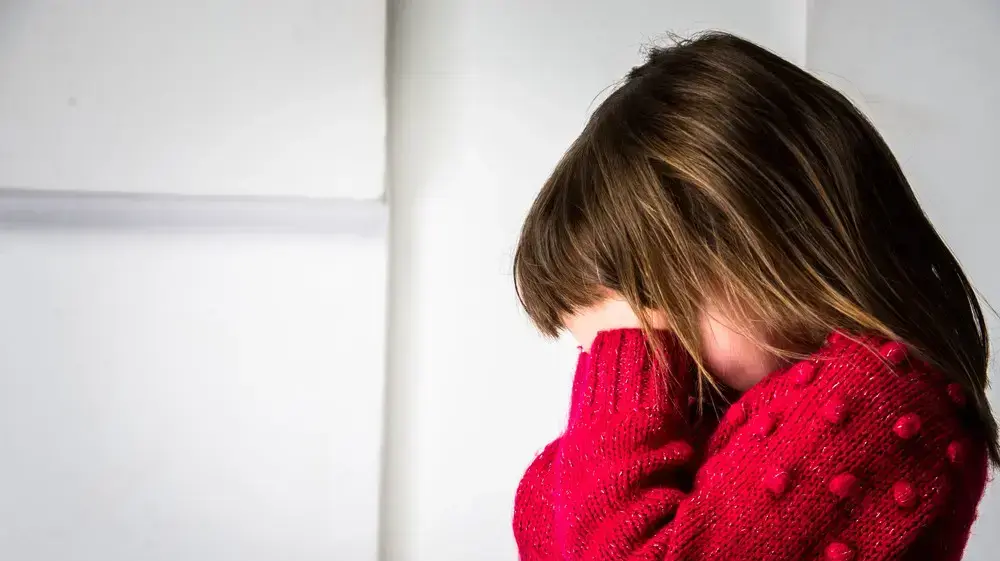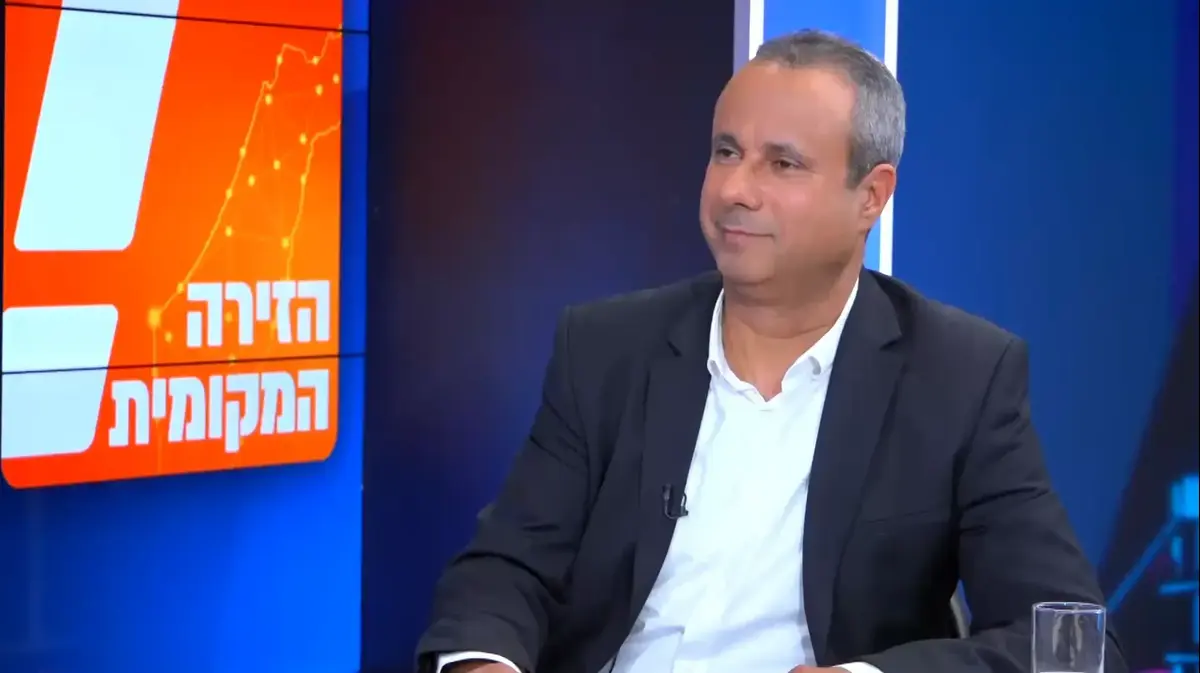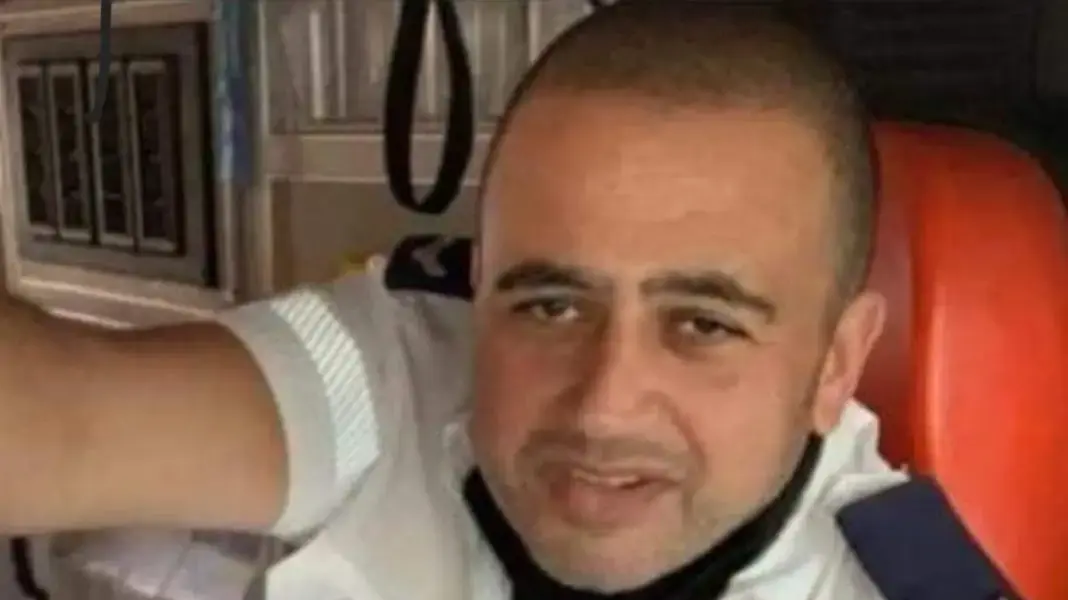health
parenthood
Should the children be taken to the funeral of a close person?
We want to protect our children from all the hardships in the world, but unfortunately this is not really possible (or healthy).
Many parents ask how to mediate the death of a loved one in their children and whether it is right to take them to a funeral or it is better to spare them the pain.
Here is the answer, the complex one
Tags
funeral
Death
but
parenthood
Tali Shtrem
Wednesday, 27 October 2021, 06:01 Updated: 07:02
Share on Facebook
Share on WhatsApp
Share on general
Share on general
Share on Twitter
Share on Email
0 comments
About four and a half years ago my beloved mother was diagnosed with pancreatic cancer.
It was a very difficult time for me and the whole family.
When we learned of the illness, my partner and I sat down and explained to our children that Grandma was seriously ill.
The disease is called cancer and it has affected her pancreas.
At the beginning of the illness we spoke in many words of hope: that we hope Grandma recovers and that the doctors do their best to help her with this.
Throughout the six months of the illness, the children were accompanied and knew what their grandmother's condition was.
They wrote her letters, filmed her own videos and made her presents.
Over time, as the situation deteriorated, even then we knew and talked a lot about her condition, each one according to his / her age.
More on Walla!
Without lying: how to talk to children about death
To the full article
Unfortunately, my mother died of the disease, and when the day of the funeral came, the question arose as to whether to take the children as well.
This is also a question that many parents bring to the clinic with me.
This is a common and important concern of parents, and many times the answer to the question depends on the child's maturity and the dialogue that the parents have with him.
Many times out of our instinct as parents, of a desire to preserve and protect our boys and girls as much as possible from the not-so-simple reality: from the suffering that exists in the world, illness and death, we prefer to prevent them from sad or difficult events.
We want to protect and protect them from the injustices of the world, to prevent them from worries, difficulty and sorrow.
But suffering, sadness, fear and anger are an integral part of our lives.
Suffering, sadness, fear and anger are an integral part of life.
Sad girl (Photo: ShutterStock)
When it comes to funerals, we want to spare them this sad event.
We think it will be too hard for them, that they will not be able to deal with it, and may have troubling and frightening thoughts about death.
But it is important that we know how to deal with the difficult thoughts and feelings that arise and not ignore them.
Ignorance does not cause emotions to disappear, but on the contrary, the more I try to ignore, the more intense they will come.
Therefore, when the difficult moment comes, like the death of a close person, it is desirable to mediate reality for our boys and girls: at their level, at eye level and according to their emotional and cognitive development.
The decision whether or not to take a child to a funeral depends on a number of factors, such as age and level of understanding, the degree of closeness to the deceased and whether there is someone who will support and mediate the funeral.
At the same time, if the child knew the deceased well, if he was a significant relative, it is highly advisable to take her to a farewell funeral.
How do you prepare children for a funeral?
First of all, as before any event, all the more so when going to a funeral, the child should be prepared and informed for what is going to happen.
Where the funeral will take place, who will attend, how the ceremony will be conducted and more.
It should be said that a funeral is a sad event, full of emotions.
Therefore, we should prepare for the fact that he is going to see a lot of people sad, crying, maybe (or sure) we will cry too.
If the funeral is likely to be difficult for you, and you are not sure you can handle the children, you should team them up with another close adult who can support, help and care during the funeral.
It could be an uncle, grandmother or big sister.
More on Walla!
This scenario happened to every parent.
This is the right way to deal with it
Harassing your child at school?
This is what you need to teach him
Does B-Cure Laser Really Help With Knee Pain?
It's the truth
A lot of kids want to make something for the loved one who has passed away. It could be a letter they wrote, flowers they collected or a piece they made. Allowing children to contribute in this way can help them understand their loss and feel part of a meaningful family event. If for some reason it is not possible to take your children to a funeral, it is advisable to think of a meaningful way or ceremony of their own to say goodbye to the deceased.
When my mother's funeral was over, my daughter came to me and told me, "Mom, you're sad, but do you know that Grandma's grave is the most beautiful and with the most flowers?" And her next sentence was "Can I go to company now?"
I like to recall those two sentences, which came in close proximity to each other.
It shows me on the one hand about paying attention to the event and finding the good for her.
She was sad and saw that I was sad, and came to encourage me and herself as well.
At the same time, it shows me about her resilience, and of children in general.
Once the nerve is normalized, it becomes an integral part of life and one can relate to the sadness and weave it happily.
There can be a flow between them: when I am very sad, one can also see beautiful, happy and exciting things.
Tali Shatram is a parent counselor and cognitive-behavioral therapist (CBT)
Share on Facebook
Share on WhatsApp
Share on general
Share on general
Share on Twitter
Share on Email
0 comments













